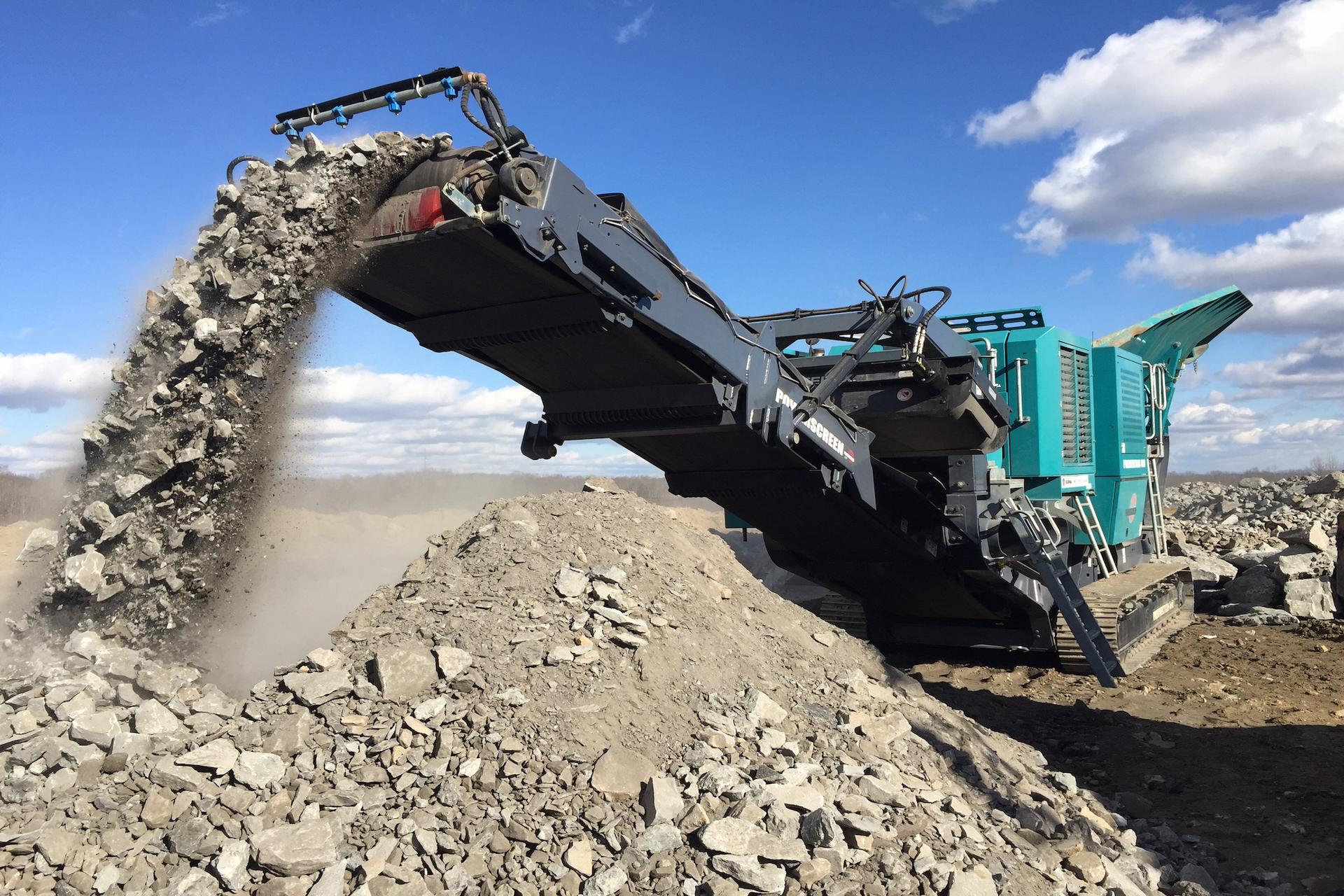Demolition is a crucial phase in construction and renovation projects, requiring the right tools to ensure safety, efficiency, and effectiveness. With various demolition tools available, from handheld devices to large machinery, selecting the appropriate equipment can be daunting. One key piece of equipment in many demolition scenarios is the stationary crusher, known for efficiently handling large volumes of material. This blog post will guide you through choosing the proper demolition tools for your job, focusing on the benefits and applications of stationary crushers.
Understanding Your Demolition Needs
Before diving into specific tools, it’s essential to understand the scope and requirements of your demolition project. The nature of the structure, the materials involved, the working environment, and the desired result all play a role in determining the best tools for the job. Here’s what you need to consider:
Assessing the Scope of the Project
The size and complexity of the demolition project are primary factors in selecting tools. For small-scale projects like residential renovations, handheld tools like sledgehammers and reciprocating saws might suffice. However, larger projects, such as demolishing commercial buildings or industrial sites, require more powerful and specialised equipment, such as crushers, hydraulic excavators, and wrecking balls.
Material Composition
Different materials require different demolition approaches. Concrete, steel, wood, and mixed-material structures demand specific tools to handle their unique properties. For instance, concrete and masonry structures often require these crushers, which can crush and process these hard materials efficiently, reducing them into manageable pieces for removal or recycling.
Safety Considerations
Safety is paramount in any demolition project. The right tools enhance efficiency and minimise risks to workers and the environment. It is crucial to choose equipment that adheres to safety standards and is well-maintained. Tools should be operated by trained personnel to prevent accidents and ensure a smooth demolition process.
Essential Demolition Tools and Their Applications
Various tools serve different purposes in demolition. This section will highlight some of the most commonly used demolition tools, including the versatile crusher.
Stationary Crusher
What is a Stationary Crusher?
A stationary crusher is a heavy-duty machine designed to crush large chunks of material, such as concrete, asphalt, and rock, into smaller, more manageable pieces. These machines are typically used in large-scale demolition projects where high volumes of material need to be processed efficiently.
Applications of Stationary Crushers
- Concrete Demolition: These crushers are ideal for breaking down concrete structures. They can crush reinforced concrete, separate the steel rebar for recycling, and produce aggregate that can be reused in new construction projects.
- Asphalt Recycling: These crushers also effectively process asphalt, which can be recycled into new pavement materials.
- Rock Crushing: These crushers can handle large rocks for rock excavation projects, reducing them to usable sizes for further processing or removal.
Hydraulic Excavators
Hydraulic excavators are versatile machines with a boom, dipper, and bucket. They are widely used in demolition because they can handle heavy loads and reach high structures.
Applications of Hydraulic Excavators
- Building Demolition: These machines can be equipped with different attachments, such as hammers, shears, and crushers, to tackle various demolition tasks.
- Material Handling: Excavators are also used to move debris and load materials onto trucks for removal.
Wrecking Balls
Wrecking balls are one of the oldest demolition tools, known for their simplicity and effectiveness. They consist of a heavy steel ball suspended from a crane, swung into structures to break them apart.
Applications of Wrecking Balls
- Large-Scale Demolition: Ideal for demolishing large buildings and structures, mainly brick or concrete.
- Controlled Demolition: Wrecking balls can selectively demolish structures’ parts without affecting surrounding areas.
Handheld Demolition Tools
Handheld tools such as sledgehammers, reciprocating saws, and jackhammers are essential for smaller projects or detailed work. These tools offer precision and control, making them ideal for tasks that require careful demolition.
Applications of Handheld Demolition Tools
- Interior Demolition: These tools are perfect for removing walls, floors, and building fixtures.
- Selective Demolition: Handheld tools allow for precise demolition work, such as cutting through specific sections of a structure without causing collateral damage.
Choosing the Right Tool for Your Demolition Job
Selecting the right demolition tool depends on several factors, including the project size, material type, and specific demolition requirements. Here’s how to make an informed decision:
Evaluate the Project Scale
Investing in heavy machinery like a stationary crusher and hydraulic excavators is essential for efficiency and effectiveness in large-scale projects. More minor projects benefit more from handheld tools and smaller machinery.
Consider Material Types
Different materials require different tools. Concrete and rock call for powerful crushers and breakers, while metal structures might need shears and cutting tools. Mixed-material demolitions may necessitate a combination of tools.
Focus on Safety and Training
Ensure that the tools you choose meet safety standards and that operators are adequately trained. Safety should always be a priority to prevent accidents and ensure smooth project execution.
Budget and Cost-Effectiveness
While larger machinery like these crushers can be expensive, their efficiency and ability to recycle materials can lead to long-term cost savings. When choosing your tools, consider both the initial investment and potential savings.
Conclusion
Choosing the proper demolition tools for your job is critical to the success of any demolition project. Understanding your project’s scope, material composition, and specific requirements will guide you in selecting the most appropriate tools. With their efficiency and versatility, these crushers play a significant role in many large-scale demolitions, providing cost-effective and environmentally friendly solutions. By carefully evaluating your needs and focusing on safety, you can ensure your demolition project is completed successfully and efficiently.

